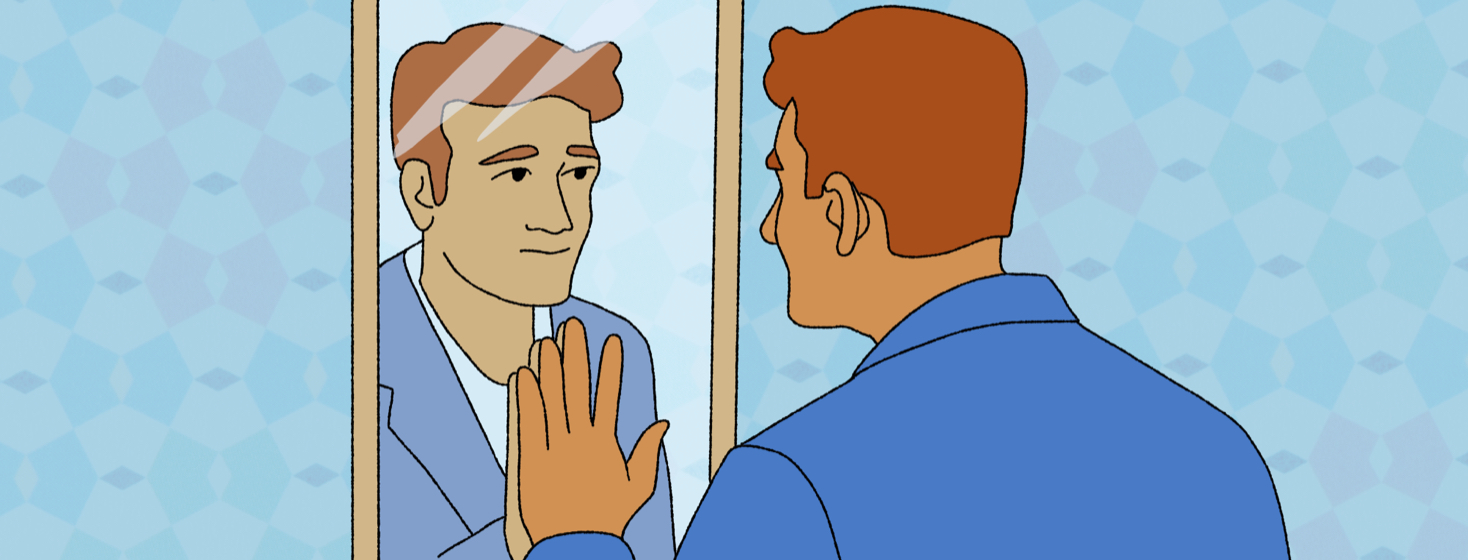Why Me? A Positive Self-Examination
Sometimes we ask that age old question, “why me?” But not always. Do we ever ask “why me” when we win the lottery? When we get a new job that we've coveted for years? What about when we meet the love of our life?
When good things happen in our lives, do we ask, “why me?” I don’t think so. But when bad things happen - our home is hit by a tornado, there’s an unexpected death in the family, when we're diagnosed with cancer - that question comes up more often than not.
Trying to answer "why me?"
Often there is no answer. The “why me” question that follows a cancer diagnosis can be accompanied by anger, depression, and sadness. We can get lost in that question and all the emotions it can cause. Those thoughts and feelings can happen to both the patient and the caregiver.
But I think we, as cancer patients and as caregivers, need to address that question; the answer can be helpful. It’s healthier and more productive to put the “why me” behind so we can move forward with greater determination. We don’t want to remain in sadness, regret, and anxiety. Our human brains always want to know the reason something happens in our lives, especially when it’s something we didn't want or seek.
Identifying potential factors
We can sometimes look back and find potential answers to the “why me,” as multiple factors can play a role (and differ per individual). Medical science has advised that a poor diet and an unhealthy weight can play a role in developing prostate cancer.1 Age is a big part of the equation. Heredity and family history, which includes passing genes down through the generations, can play a role. These are potential explanations that in some cases may be valid. However, they are not always necessarily true or applicable to every prostate cancer diagnosis.
Understanding the reason something happens can be positive and give us the initiative to make some changes. We can share what we’ve learned with future generations, so they can begin to exercise more control over their health. I think we often don’t consider how much personal control we have over our health. That may not always be the case, but there are many things we can do, or not do, for the benefit of our mind, body, and soul.
It can be a helpful question to answer
Asking “why me” may cause us to do more research about the disease and what we can do about it. Education is often the first step toward moving forward. Understanding the why behind prostate cancer, or any disease or illness, can lead to a changed lifestyle that enables us to better fight the battle. Asking “why me” can lead to important and critical discussions with the members of the family. We often think we need to talk to our sons, but everyone should be included. Through our daughter’s breast cancer we learned that prostate cancer genes can also lead to breast cancer.
We don’t want to get stuck in an unhealthy pity party, but asking “why me” can be a helpful question that leads to useful and healthy answers. So, go ahead and ask that question - why me - and use the answers to your benefit and to the benefit of those around you.

Join the conversation